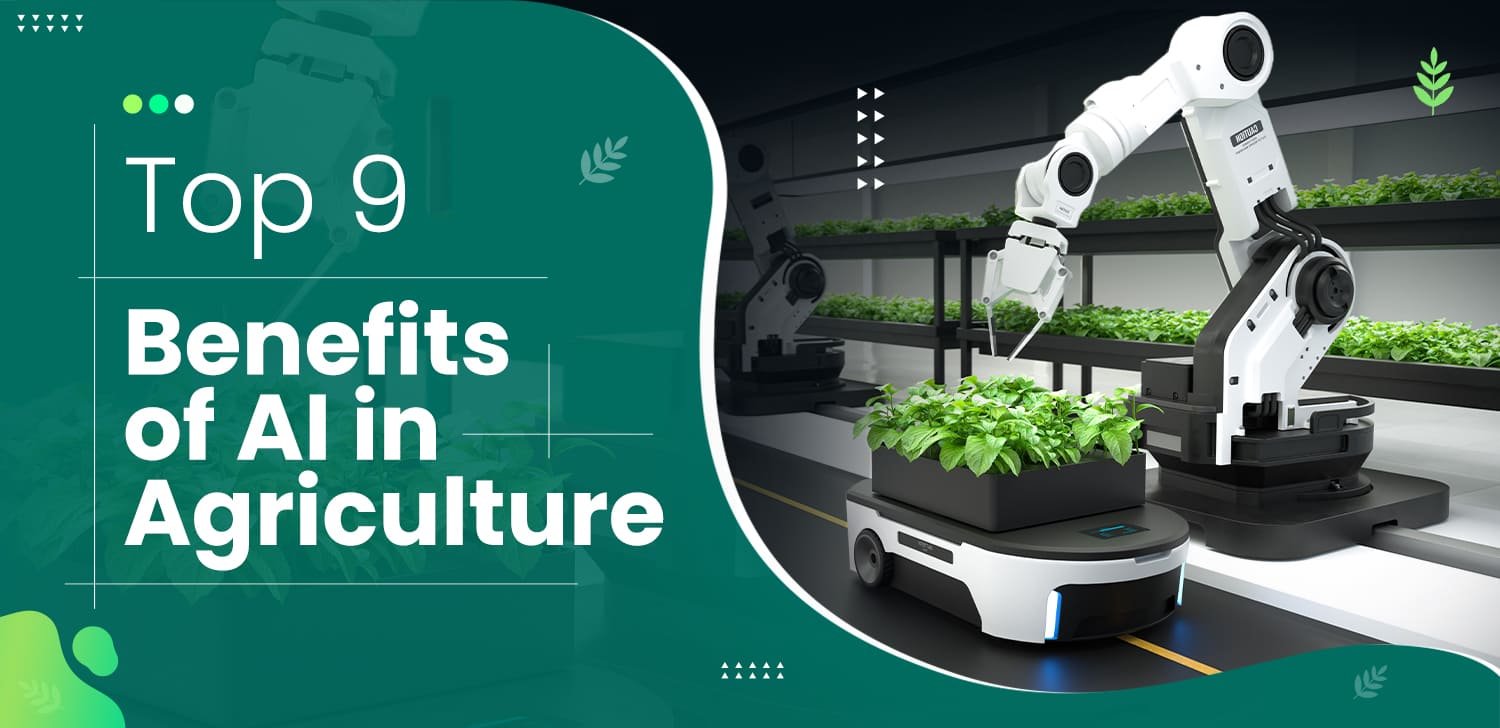In the vast and ever-evolving fields of agriculture, a new era is dawning—one that marries the age-old practices of farming with the cutting-edge advancements of artificial intelligence (AI). This fusion promises to usher in a revolution, making farming more efficient, sustainable, and productive. As we stand on the brink of this new agricultural frontier,
let’s delve into how AI is transforming the way we grow our food and monitor our crops, making the life of a farmer a bit easier and our food supply a bit more secure.
Precision Agriculture: Doing More with Less
One of the most significant benefits of incorporating AI into agricultural practices is precision agriculture. This approach uses data and AI algorithms to make farming decisions more accurate and resource-efficient. Imagine drones flying over fields, capturing detailed images that, when analyzed by AI, can tell a farmer exactly which parts of a field need more water, fertilizer, or pesticides.
This not only reduces waste but also ensures that crops receive exactly what they need to thrive. The result? Higher yields from the same piece of land, using fewer resources—an essential step towards sustainable farming.
Crop Monitoring and Health Assessment: An Eye in the Sky
AI doesn’t just stop at optimizing resource use; it extends its reach to monitoring crop health and predicting potential issues before they become problematic. Through the analysis of images from satellites or drones, AI can identify signs of disease, pest infestation, or nutrient deficiency early on. This early detection allows farmers to take corrective measures promptly, saving entire harvests from potential disaster.
Moreover, AI-powered systems can track the growth and health of crops over time, providing farmers with invaluable insights into their cultivation practices and how they can be improved.
Predictive Analytics: Forecasting for the Future
Agriculture has always been at the mercy of the elements, with farmers relying on experience and intuition to make crucial decisions. However, AI brings the power of predictive analytics to agriculture, enabling farmers to make informed decisions based on data-driven forecasts. These systems can analyze weather patterns, soil conditions, and historical crop performance to predict future outcomes, such as the best planting dates, the most suitable crop varieties for a given season, or the optimal harvesting time.
By anticipating future conditions, farmers can plan more effectively, reducing risks and increasing the likelihood of a successful harvest.
Labor Efficiency and Cost Reduction: Smarter Farming
Labor shortage is a critical challenge in the agricultural sector, and AI offers a solution by automating routine tasks. Robots equipped with AI can perform various tasks, from weeding and planting to harvesting, with precision and efficiency. This not only helps address labor shortages but also reduces the physical strain on farmers, allowing them to focus on more strategic aspects of farm management.
Additionally, the efficiency brought by AI-driven automation can significantly reduce operational costs, making farming a more economically sustainable venture.
Ensuring Food Security: A Global Perspective
On a global scale, the integration of AI in agriculture holds the promise of enhancing food security. By increasing crop yields, reducing resource waste, and enabling farmers to adapt to changing environmental conditions, AI contributes to a more resilient food system.
As the global population continues to grow, and climate change poses increasing challenges to traditional farming practices, AI stands out as a crucial tool in our arsenal to ensure that we can feed the world sustainably.
Conclusion
The benefits of AI in agricultural practices and crop monitoring are profound and far-reaching. From enabling precision agriculture to enhancing crop monitoring, from forecasting future agricultural trends to automating labor-intensive tasks, AI is not just reshaping farming practices; it’s redefining the possibilities of agriculture.
As we continue to explore and expand the capabilities of AI in this sector, we pave the way for a future where farming is not only more efficient and sustainable but also more in tune with the needs of our planet and its inhabitants. In embracing AI, we are sowing the seeds for a brighter, more bountiful future.
